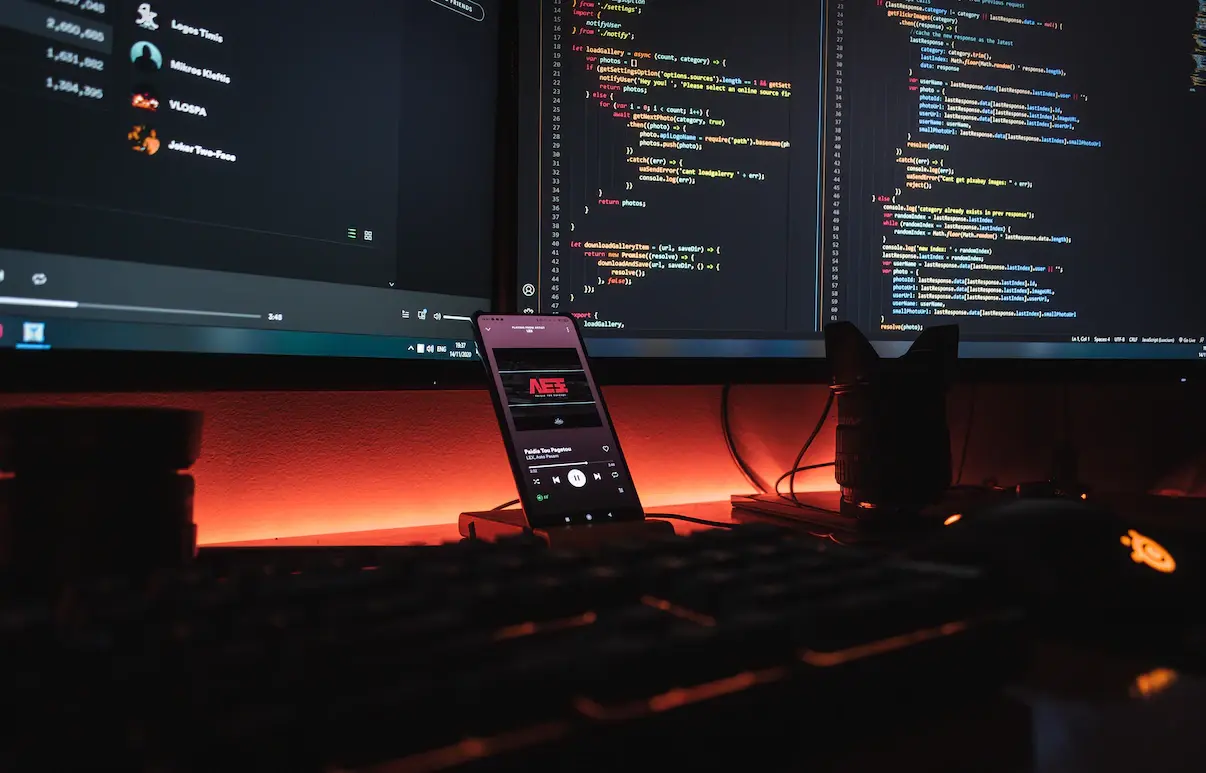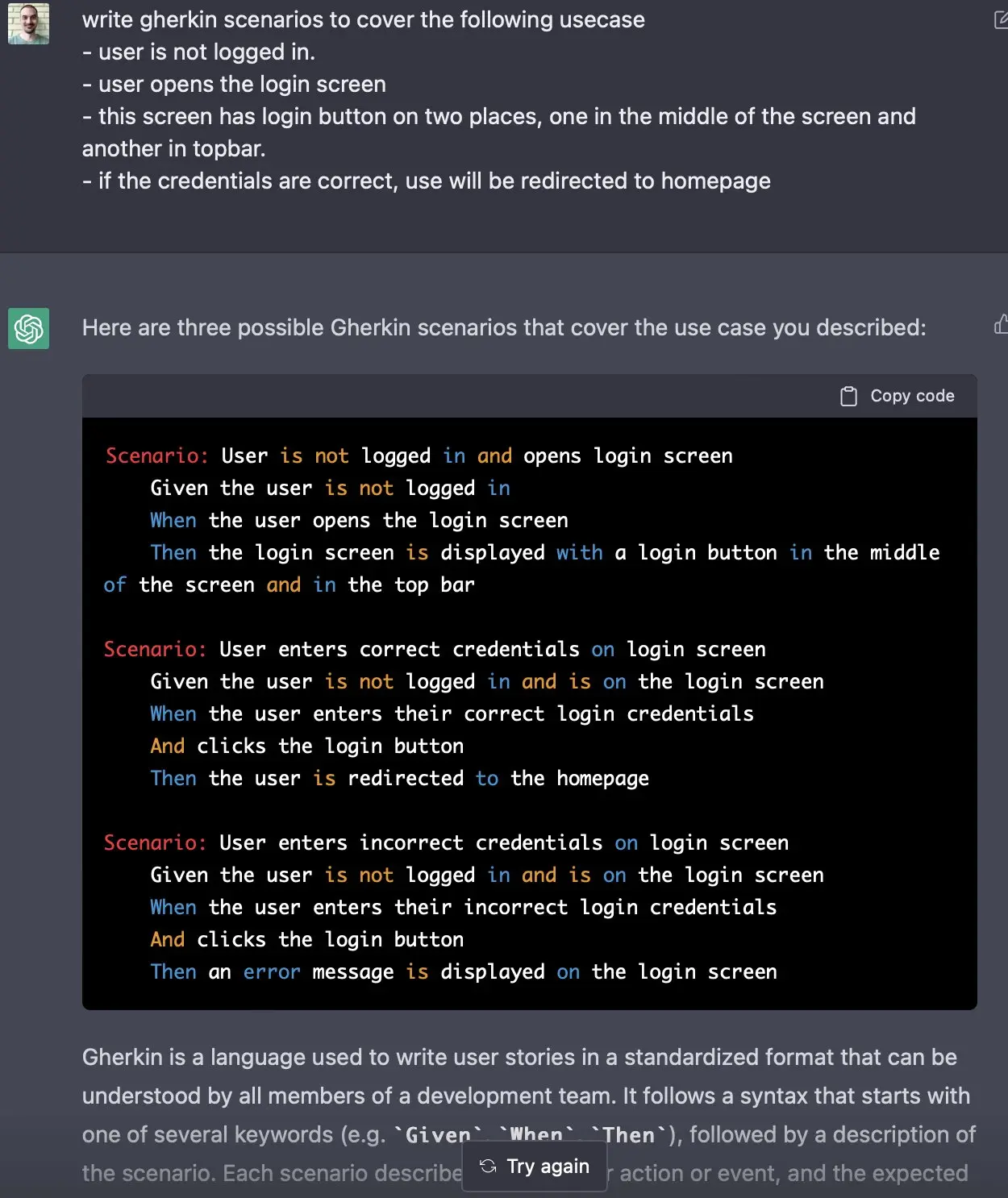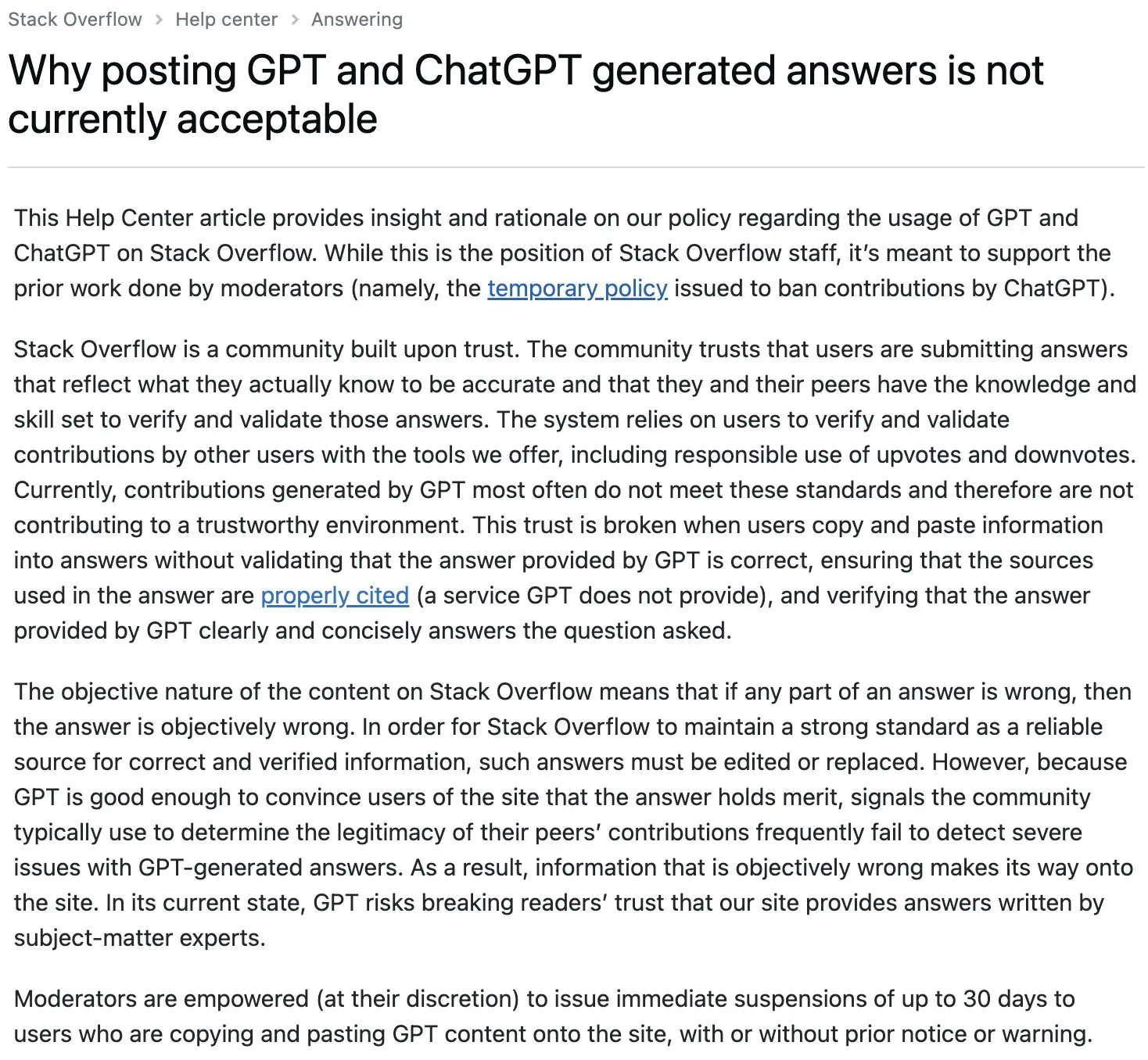Should Software Engineers Be Afraid of AI Taking Their Jobs?

Lately, there has been a growing concern about the potential impact of AI on the job market, and software engineering is no exception.
With the emergence of advanced AI tools like ChatGPT and Github Copilot, there is a fear that these tools may replace the need for human software engineers altogether.
Key Takeaways:
- SWEs should be more excited than afraid, actually.
- AI will make the boring tasks of software development a lot easier, contributing to improved productivity.
- AI + Human collaboration will contribute to greater innovations.
AI in Software Development - A Problem Rising?
The rise of AI has given rise to concerns that machines will soon take over human jobs, including software engineering.
While it is true that AI has the potential to automate certain aspects of software engineering, it is unlikely that it will fully replace human software engineers.
One of the key reasons for this is that software engineering requires not just technical skills but also creativity, critical thinking, and problem-solving abilities, which are all areas where humans excel.
Let’s take a closer look at this.
AI’s Role in Software Development

With tools like ChatGPT and Github Copilot maturing in the open market, it's now clear that AI tools will have a very important part to play in the future of software development.
They’re as advanced as solving coding interview challenges, so this is a concern that must be addressed.
But is a Software Engineer's job to simply look up algorithms and type them into a code editor??
NO!
That's something AI already does much faster than a human. But frankly, that's the boring part of the job.
While AI tools can certainly perform tasks like searching for code snippets and typing keystrokes, they are not capable of replacing the critical thinking and decision-making skills that human software engineers bring to the table.
This is what the average day for most Software Engineers looks like:
- Get requirements
- Search Stack Overflow for implementation ideas
- Discuss requirements & trade-offs
- Search SO for boilerplate code
- Merge code snippets & add what's missing
- Repeat 4+5 until it works
- Test
- Push to prod
Yes, AI may take over searching Stack Overflow & typing keystrokes in the IDE. But they cannot replace the human touch in defining requirements, validating and adding to the AI's output, and being accountable for the outcomes.
So humans will continue owning the most important parts:
- Defining the requirements to be implemented
- Validating and adding to the AI's output at each step
- Being accountable for the outcomes
Software Engineers didn't get out of jobs because Stack Overflow and other forums exist. The knowledge used by AI was already public.
An SWE's job is less about memorizing algorithms and data structures and more about applying those to business challenges with critical thinking.
We believe AI tools will make Software Engineers much more productive by saving time on boring tasks like searching Stack Overflow or typing.
That time can be applied to:
- Research trade-offs more deeply to avoid tech debt.
- Implement proper tests.
- Get more stuff built overall.
- And more.
AI and the Pace of Innovation
See the below image on how they spent only 5 minutes to accomplish the work that would otherwise have taken 3 hours.

We believe a critical consequence of this growth of AI tools is that the pace of innovation will dramatically increase for two main factors:
- The barriers to building software are lower than ever.
- The speed of building software has just massively increased.
Read this interesting thread by Jon Lai that specifically talks about how game creation can be accelerated by AI.
AI and Collaboration
Now, a big question that remains unanswered is:
- "For how long will Stack Overflow (& similar sites) content be available for training these AI models?"
As of today, Stack Overflow started proactively fighting AI. Prohibiting AI-generated content from being published there is a first step.

As written in this tweet, there's a lack of incentives for collaboration with AI in its current iteration.
I believe what we are seeing now is just the first step of a long marathon toward AI + Human collaboration.
Personally, I'm exploring and trying to find the limits.
Follow us for more knowledge about remote work
We'll be publishing new articles every week, and new social media content every day. If you enjoyed this article, follow us on Twitter or Linkedin, and stay in the loop. Share our content and drop us a comment there. Let's help more people learn about remote work.


